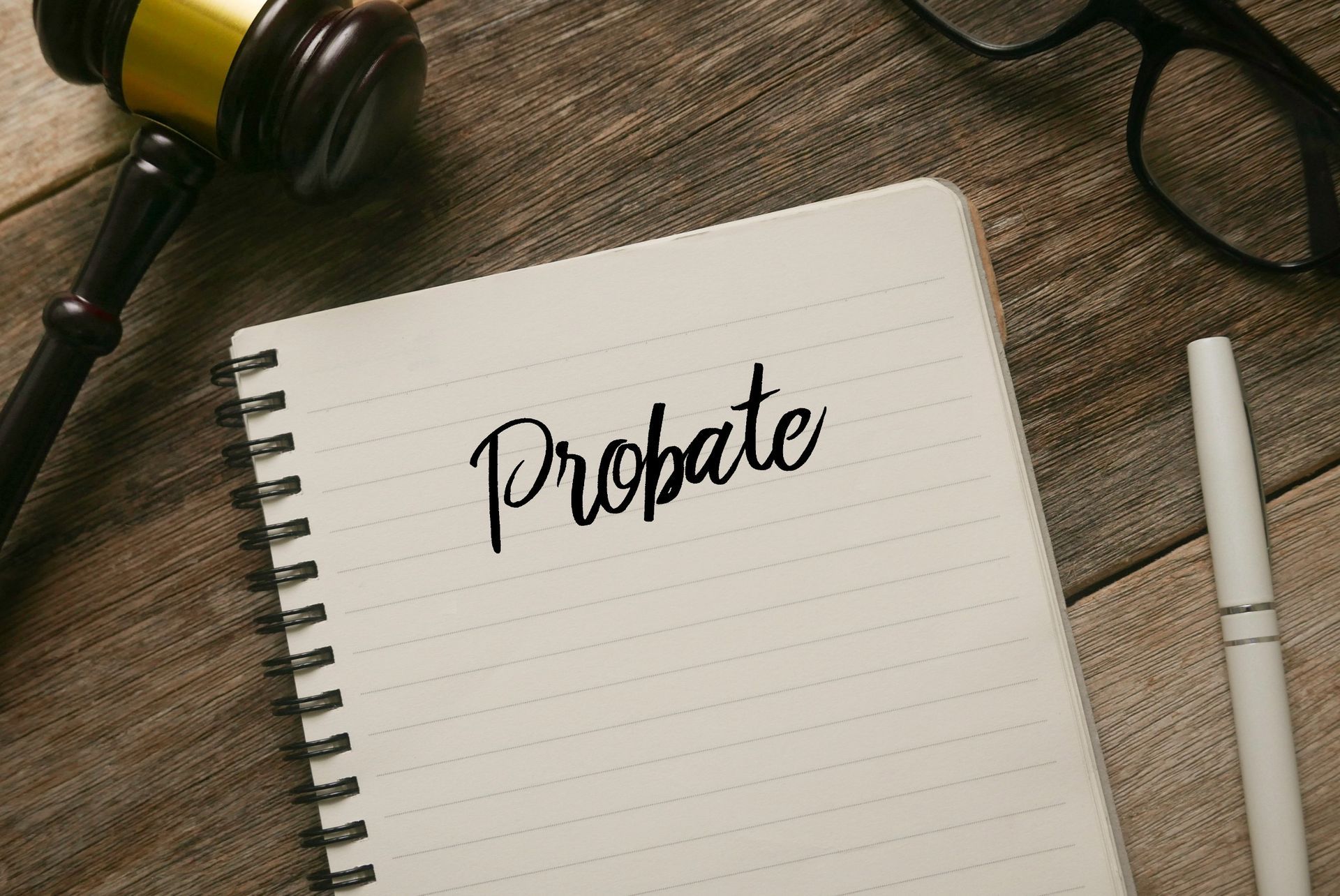Contact Us
Phone: 401-941-5291
Location
51 Jefferson Blvd.
2nd Floor
Warwick, RI 02888
Hours
- Mon - Fri
- -
- Saturday
- -
- Sunday
- Closed
Difference Between a Trust and a Will
The Difference Between a Trust and a Will Explained
There is no set time for anyone to develop an estate plan. Many people suggest doing it early in life since you never know what the future will bring. Even if you don't have a family, there may be some possessions that you want to go to certain people. If you have wishes for what happens to your belongings after you die, it's a good time to make out a will, trust, or both.
You can update wills and some types of trusts when your needs or wishes change. While wills and trusts are both documents used in estate planning, there are some differences. You should talk to a lawyer about which one is best for your situation.
When You Need a Will
Most people already know that a will dictates what happens to your assets after you die. It ensures that the wealth you have accumulated during your lifetime goes to the beneficiaries that you want to have it. People use wills to protect their families and control who gets what when they are no longer there to provide for them.
In most states, you can write a will if you are 18 or older and of sound mind. Even if you don’t have a lot of assets this early in life, you need to protect what you do have. A savings account, personal items like heirlooms or a car, and digital property like photos or blogs have some value. You will also want to include online banking and investment accounts.
If you don’t have a will, the state will usually give your assets to your next of kin. Each state follows its definition of intestate succession statute. Someone other than the beneficiary you have in mind could end up being your heirs.
You also need to update your will whenever you experience any life-changing event. For example:
- You get married, divorced, or lose a spouse or partner.
- You give birth or adopt a child.
- Tax or estate laws change.
- You experience a significant financial change.
- You have a decline in health.
- You move to a different state.
- You want to change beneficiaries.
You might benefit from making an entirely new will or by adding a codicil. This is a supplemental document that is added to your existing will for small changes. A codicil is simpler but should only be used for minimal changes. Otherwise, it leaves more room for confusion and could lead to disputes.
Almost anyone can benefit from having a will. It gives you control over what happens to your things after you're gone. It isn't just for people with lots of wealth.
When a Trust Is Appropriate
A trust is a legal arrangement where a person is designated to protect your assets and control their use according to your wishes. Where a will takes effect at the time of death, trusts are effective immediately. As the one who creates the trust, you are the grantor or trustor. The person you entrust with your assets is the trustee.
All trusts fall under the broader types of revocable and irrevocable trusts. The type determines whether you retain control of your assets and whether you receive taxable interest from them.
A trust might have a limited term, or it might last for your or someone else’s lifetime. You might retain control of your trust while you are alive with a trustee to step in after you die. You determine the terms for how the trustee will manage your assets, distribute them to your beneficiaries, and dispose of them.
There are different types of trusts, which serve a broad range of purposes. Some of the most common are:
Irrevocable Trust – An irrevocable trust is one that you do not control and cannot change during your lifetime. You give up all control to a trustee. This type of trust can protect your assets from creditors if properly structured. You won’t receive any interest from the trust assets, and they aren’t included in your taxable income.
Revocable Trust – A revocable trust is one you can revoke, or change whenever you want or need to. You control the terms and you can receive any economic returns from it. Assets are included in your taxable estate.
Living Trust – With a living trust, you, as the grantor, transfer property to a trustee but retain the power to change or revoke the trust. At the time of your death, the trust converts to an irrevocable one. The trustee must follow the rules listed in the documents about distributing property and paying taxes.
Living trusts offer multiple benefits. They allow you to plan for your healthcare and end-of-life provisions. The trust protects, eliminates or reduces probate and provides immediate access to assets by your beneficiaries. It also provides more privacy in those states where a will requires the filing of an inventory of assets.
Special Purpose Trust – If your needs don’t fit completely into one of the traditional types of trusts, a special purpose trust can meet your needs. It can include arrangements for special family situations, to support a charity, or for a special purpose.
Bypass Trust – This type of trust helps wealthy married couples minimize their estate tax obligations. A bypass trust is also called an AB trust, or credit shelter trust. The A portion of the trust holds assets for a surviving spouse while the B portion serves as a credit shelter to minimize estate tax.
Life Insurance Trust – The life insurance trust is irrevocable and is created to hold a life insurance policy. Placing the policy in a trust helps reduce the estate tax burden on the beneficiary.
Choosing a Will, Trust, or Both
If you are confused by the rules for using wills and trusts, you aren’t alone. There are minor differences between wills and different types of trusts that make them appropriate for different circumstances. You might even need both a will and a trust(s) to suit your personal situation.
Reach Out for Expert Advice You Can Trust
Don’t try to navigate the legal world of wills and trusts on your own. Planning for your family’s future is an important and sometimes complex matter. Call Tomassi Law, LLC
today, and let's get started.

Schedule a Case Evaluation
Contact us now!
Homepage FCE Form
We will get back to you as soon as possible.
Please try again later.
By submitting this form, you agree to be contacted by our law firm, either by phone, text or by email.
Disclaimer: The information on this website is for general information purposes only. Nothing on this site should be taken as legal advice for any individual case or situation. This information is not intended to create, and receipt or viewing does not constitute an attorney-client relationship.
All Rights Reserved | Tomassi Law, LLC | Powered By Convert It Marketing | Privacy Policy
All Rights Reserved | Tomassi Law, LLC | Powered By Convert It Marketing | Privacy Policy








